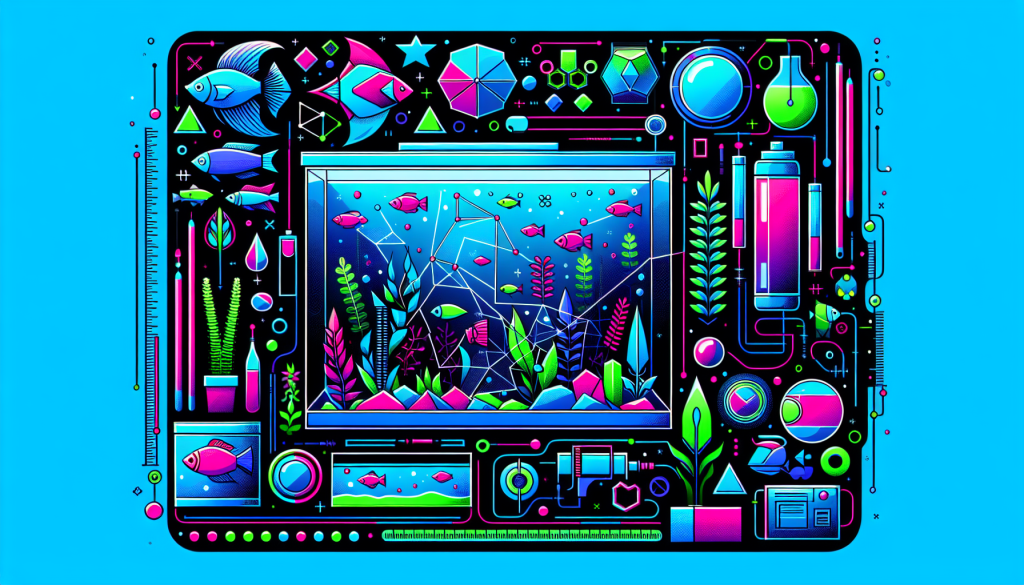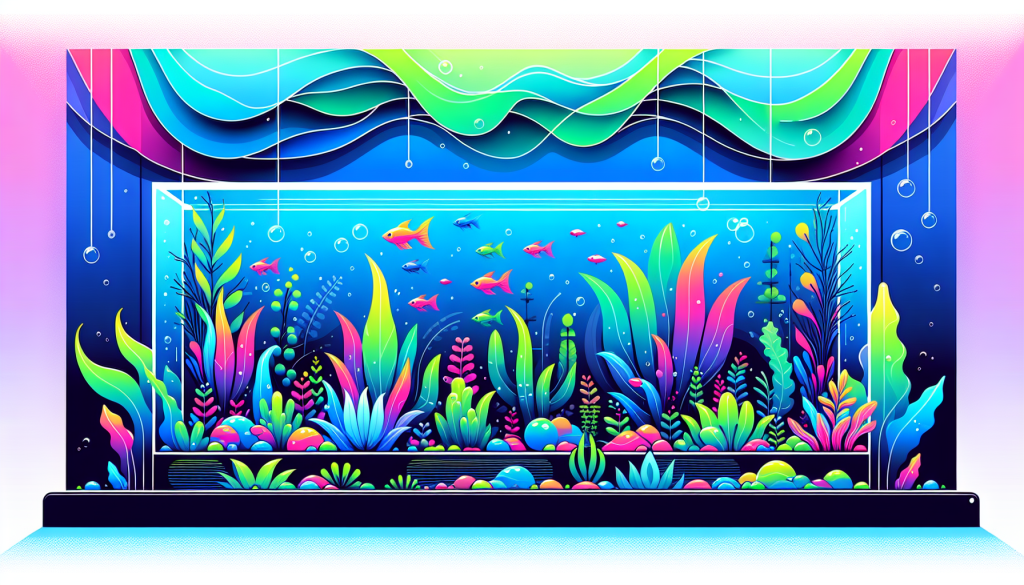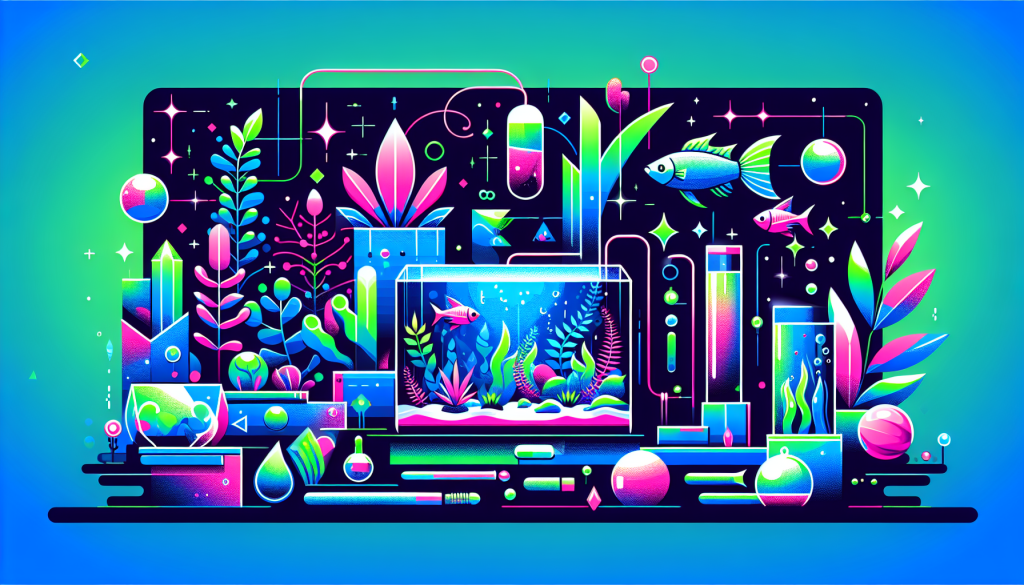Do You Really Need Nano Filter Choice? Pros & Cons
If you’re a fan of compact aquariums, aquascaping nanos, or just looking to optimize a smaller tank setup, you’ve probably faced the big question: Do you really need a nano filter? The answer isn’t always black and white. In this guide, we’ll explore what a nano filter is, weigh the pros and cons, and help you decide if investing in a nano filter is essential for your aquascape’s health and success.
What is a Nano Filter?
A nano filter is a filtration device designed specifically for small, “nano” aquariums—typically those under 40 liters (around 10 gallons). These filters are engineered to be compact, energy-efficient, and gentle enough for delicate inhabitants but powerful enough for maintaining pristine water quality in limited volumes.
Types of Nano Filters
- Sponge Filters – Ideal for shrimp and fry tanks, offering gentle filtration and biological support.
- Internal Power Filters – Mounted inside the tank; provide moderate mechanical and biological filtration.
- Hang-On-Back (HOB) Nano Filters – Attach to the tank rim, easy to maintain and upgrade.
- Cannister Nano Filters – High-efficiency filtration for advanced nanoscapers.
Pros of Using a Nano Filter
- Efficient Water Quality Maintenance – Keeps your water crystal clear by removing debris and toxins, which is crucial in smaller volumes where fluctuations are rapid.
- Compact & Discreet – Won’t distract from your aquascape design; fits seamlessly into small tanks and rimless setups.
- Lower Energy Consumption – Nano filters are energy-efficient due to their compact size, saving you on utility bills.
- Gentle Flow for Sensitive Inhabitants – Many nano tanks are home to delicate species like shrimp, fry, or bettas that require gentle flow to thrive.
- Versatility – Options like sponge filters also provide surface area for beneficial bacteria, supplementing your tank’s biological cycle.
Cons of Using a Nano Filter
- Limited Capacity – Filters designed for nano tanks may struggle with high bioload or overstocked setups.
- Frequent Maintenance – Small filters can clog faster, requiring regular cleaning to prevent performance dips and water quality issues.
- Limited Customization – Smaller filter chambers allow fewer or smaller media options compared to larger filters, restricting advanced filtration.
- Potential Flow Issues – Even gentle models can create too much current in ultra-small tanks, stressing certain species or disturbing aquascape layouts.
Do You Really Need a Nano Filter?
Not every nano aquarium absolutely requires a filter, but in most scenarios, a nano filter is highly recommended, especially for:
- Planted tanks with livestock
- Nano aquascapes with fish, shrimp, or snails
- Aquariums where stable water parameters are a priority
However, if you’re maintaining a dense, low-tech planted tank (for example, a Walstad Method setup) with minimal livestock, regular water changes and dense planting can sometimes substitute for mechanical filtration. For most aquascaping enthusiasts, though, a nano filter offers peace of mind and stability.
How to Choose the Right Nano Filter
- Consider Your Inhabitants: Shrimp tanks benefit from sponge filters, while bettas and small fish might prefer low-flow internal models.
- Assess Tank Size: Don’t over- or under-filter. Pick a filter rated for your tank’s actual capacity.
- Evaluate Noise Levels: Some nano filters are quieter than others—important for bedroom or office tanks.
- Think About Maintenance: Choose a model that’s easy to clean—more maintenance means happier, healthier aquascapes.
Expert Tips for Nano Filter Success
- Always cycle your new filter before adding livestock (learn more in our Aquarium Cycling Guide).
- Rinse filter media in tank water during maintenance to preserve beneficial bacteria.
- Adjust the filter’s outflow to minimize disturbance to plants and sensitive species.
- Avoid overfeeding—nano filters have limited capacity for leftover food and waste.
Conclusion: Is a Nano Filter Worth It?
A nano filter is more than just a gadget; it’s a safeguard for your aquatic masterpiece. While ultra-low-tech approaches may be possible for expert hobbyists, most aquascaping enthusiasts—especially beginners—will benefit from the stability, clarity, and peace of mind a good nano filter provides. Consider your aquascape’s specific needs and your commitment to maintenance before making your choice.
Need more tips on nano aquascapes and aquarium care? Browse our guides on best nano aquarium plants and beginner aquascaping mistakes to avoid for more ways to help your aquascape thrive!
Ready to Upgrade Your Nano Filtration?
Discover top-rated nano filters and essential aquascaping gear in our Gear Reviews section, or contact us for personalized advice. Happy scaping!



